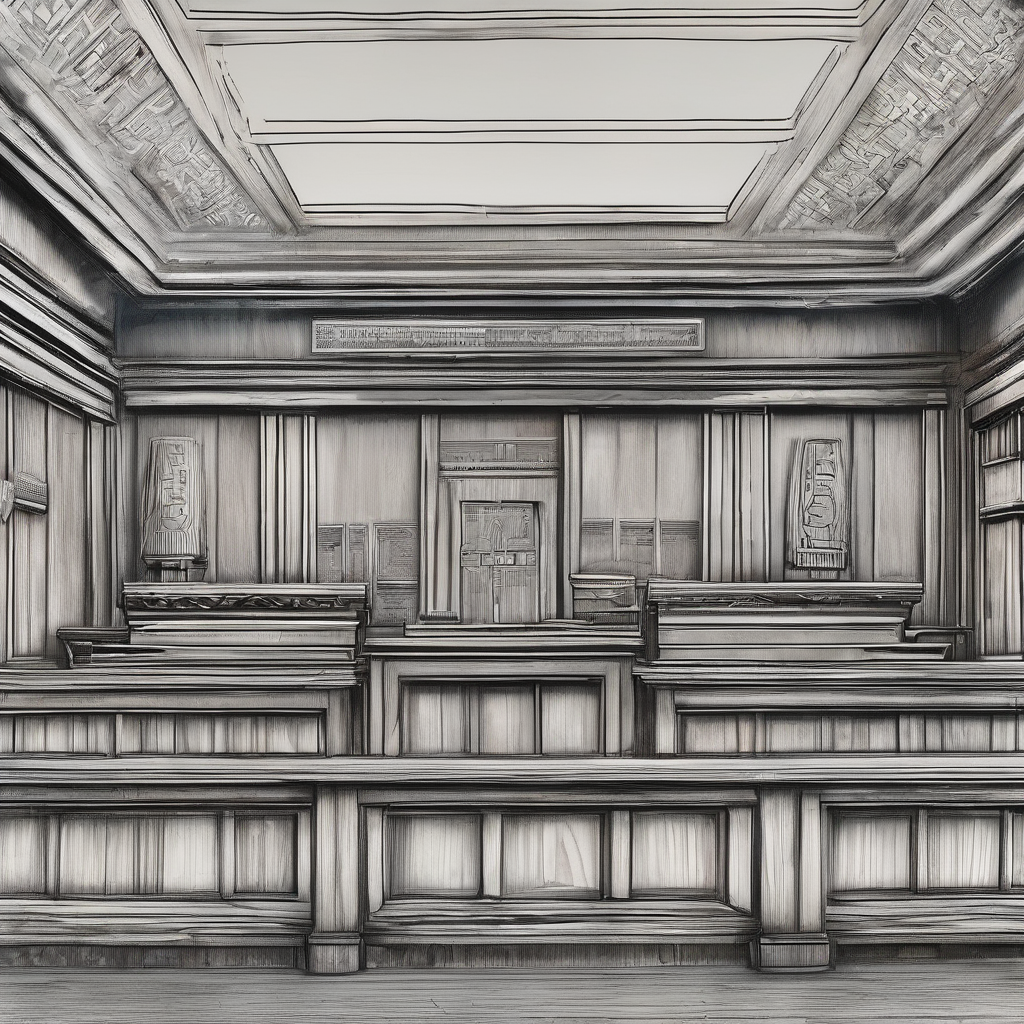The legal battle involving former Prime Minister Voreqe Bainimarama is making headlines as his attorney, Devanesh Sharma, recently appealed to the High Court in Suva for a more lenient sentence rather than incarceration. Bainimarama was found guilty earlier this month of making an unwarranted demand toward Rusiate Tudravu, the acting Police Commissioner, during the period from May to August 2021. In his plea, Sharma proposed alternatives such as community service, a fine, or a three-year suspended sentence, arguing that the 71-year-old Bainimarama no longer poses a threat to society, being retired and dependent on his pension.
Sharma underscored Bainimarama’s commitment to rehabilitation, highlighting that he had previously served an earlier sentence through community work and was released for good behavior. However, the State has firmly opposed the call for leniency. Laisani Tabuakuro, Assistant Director of Public Prosecutions, argued that Bainimarama’s actions, given his former role as prime minister, were serious enough to warrant a custodial sentence. She emphasized the high level of culpability attributed to him due to his authoritative position.
This case holds particular significance as it marks the first prosecution in Fiji under legislation regarding “unwarranted demands on a public official.” Bainimarama’s conviction is intertwined with a controversial incident involving the dismissal of two police officers who shared images of his brother in a police chat group. While Bainimarama was found guilty by Justice Thushara Rajasinghe, his co-accused, former police commissioner Sitiveni Qiliho, was acquitted of abuse of office.
The court is anticipated to announce Bainimarama’s sentencing next Wednesday, adding a new dimension to this developing legal matter. As Fiji continues to navigate its complex political landscape, conversations around judicial accountability, the responsibilities of public officials, and the fundamental principles of the rule of law are critical. The impending sentencing may serve as an important reflection point for justice and rehabilitation in the nation, possibly influencing future governance and legal proceedings.
